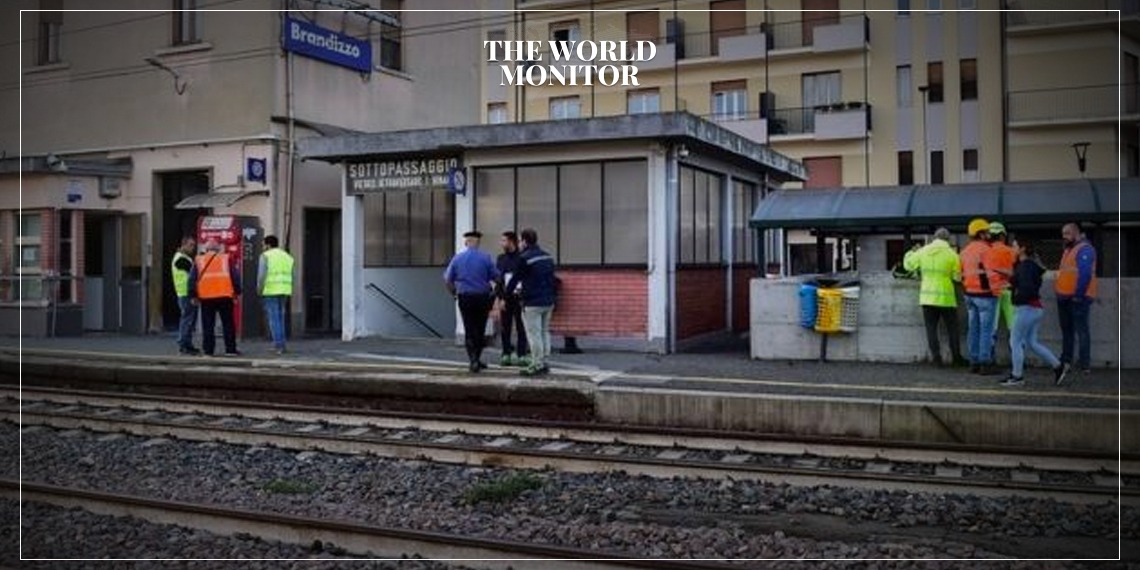Italy experienced a widespread transportation disruption for 24 hours due to a strike organized by the primary labor union, the USB (Union of Basic Workers). The strike was called to protest against declining wages and job security, leading to complicated commuting in several major Italian cities such as Rome, Milan, and Naples. Demonstrations demanding better working conditions are scheduled during the strike.
The 24-hour strike, organized by the Union of Basic Workers (USB) in Italy, targeted the country’s national public transportation services. This protest aimed to highlight issues related to wages and job security, which have been a cause for concern among workers. Led by the extreme-right Minister of Transportation, Matteo Salvini, the strike affected bus, metro, and local tram services, with a particular focus on the country’s major cities, including Rome and Milan.
In Rome and the Lazio region, the strike featured extensive disruptions during peak commuting hours. The strike provided limited service only from 5:00 PM to 8:00 PM local time, potentially affecting early Monday morning hours as well.
Milan, another major city in Italy, also witnessed service interruptions during rush hours. The strike coincided with large-scale protests organized in Rome, Milan, Messina, Venice, Naples, Perugia, Modena, Turin, Vicenza, and Bari.
The main demands of the strike include fair wages, with the introduction of a legal minimum wage of €10 per hour. The USB also advocates for categorizing workplace fatalities as crimes, with Salvini initially attempting to prevent the strike’s organization. The strike call was initiated on September 29th.
Organizers also intend to shed light on the need to reform the current law governing strikes in essential public services, according to the Italian labor union.
The Italian labor union stated, “The strike calls for decent wages and working conditions, overcoming hidden contracts and subcontractors from providing low-quality services and poor pay, classifying workplace fatalities as crimes, and a legal minimum wage of €10 at once.”






